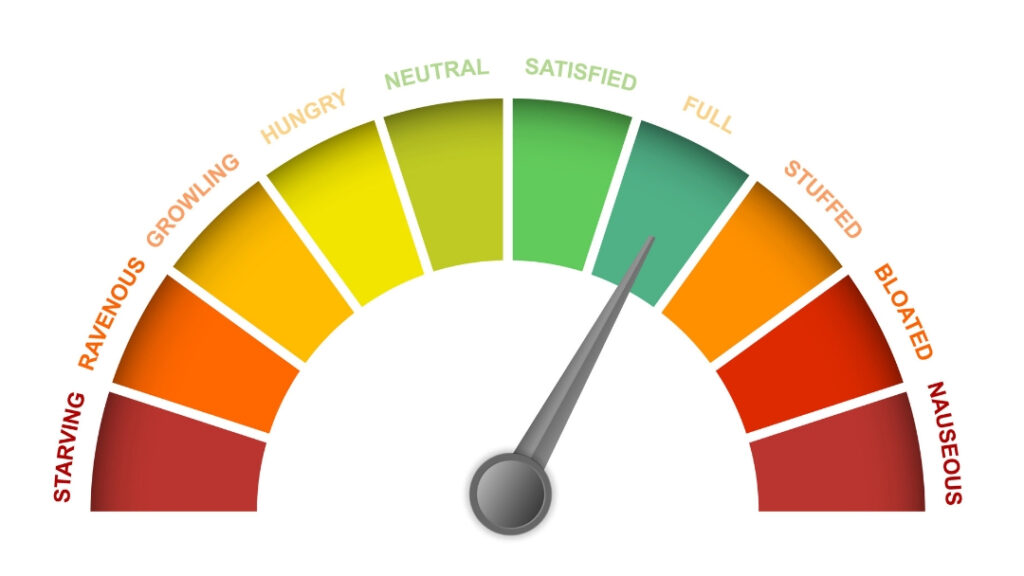Intuitive eating is gaining popularity, but many people still have misconceptions about what it really means. Books like Intuitive Eating for Everyday help clear up these misunderstandings and provide guidance on practicing it correctly. Here are some of the most common misconceptions about intuitive eating and the truth behind them.

- Intuitive Eating Is Just Eating Whatever You Want
One of the biggest misconceptions is that intuitive eating means you can eat anything at any time without thinking. While it’s true that no food is off-limits, intuitive eating involves listening to your body’s hunger and fullness cues. It’s not about eating junk food all day. Instead, it’s about understanding what your body needs. An intuitive eating coach can help guide you in recognizing these cues. The best books on intuitive eating explain that it’s about balance and honoring both cravings and health.
- Intuitive Eating Causes Weight Gain
Some people think that intuitive eating leads to weight gain because there are no strict rules. However, intuitive eating is not focused on weight loss or gain. Instead, it aims for body maintenance by letting your body find its natural balance. While some may wonder how to lose weight with intuitive eating, the goal is to develop long-term healthy habits rather than short-term results. An intuitive eating nutritionist can help shift the focus from weight to well-being.
- Intuitive Eating Is Just Another Diet
Another common myth is that intuitive eating is simply another type of diet. However, intuitive eating is the opposite of a diet. Diets focus on restricting certain foods, counting calories, or losing weight, while intuitive eating encourages listening to your body and trusting its signals. Intuitive Eating for Everyday explains that it’s a lifestyle change, not a temporary fix. Unlike diets that often lead to stress and guilt, intuitive eating promotes a healthier and more sustainable relationship with food.
- You Can’t Practice Intuitive Eating if You Have Food Rules
Many people believe that you cannot do intuitive eating if you still have food rules from previous diets. While letting go of diet rules is important, it doesn’t happen overnight. Intuitive eating is a gradual process, and working with an intuitive eating coach can help you break down these barriers. The goal is to unlearn harmful habits over time, not to instantly become a perfect eater. Books like How to Raise an Intuitive Eater emphasize that it’s okay to take small steps toward freedom from food rules.

- Intuitive Eating Is the Same as Mindful Eating
While intuitive eating vs mindful eating often get confused, they are not the same. Mindful eating focuses on being present during meals, while intuitive eating goes further by teaching you to listen to your body’s needs and reject diet culture. Both approaches are valuable, but intuitive eating is more about long-term behavior change, while mindful eating is more about awareness in the moment.
- Intuitive Eating Is Only for People Who Don’t Care About Their Health
Some people mistakenly believe that intuitive eating is for those who don’t care about health or fitness. In reality, intuitive eating helps people develop a healthier, more balanced relationship with food. It allows you to focus on how foods make you feel rather than following diet rules. For those interested in final shape maintenance, intuitive eating supports sustainable habits that can lead to long-term well-being.
Conclusion
There are many misconceptions about intuitive eating, but resources like Intuitive Eating for Everyday and guidance from an intuitive eating nutritionist can help clarify the truth. Intuitive eating is not a diet, and it doesn’t mean ignoring health. Instead, it’s about trusting your body and developing lasting habits for body maintenance. By focusing on these truths, you can break free from diet culture and enjoy a healthier relationship with food.



